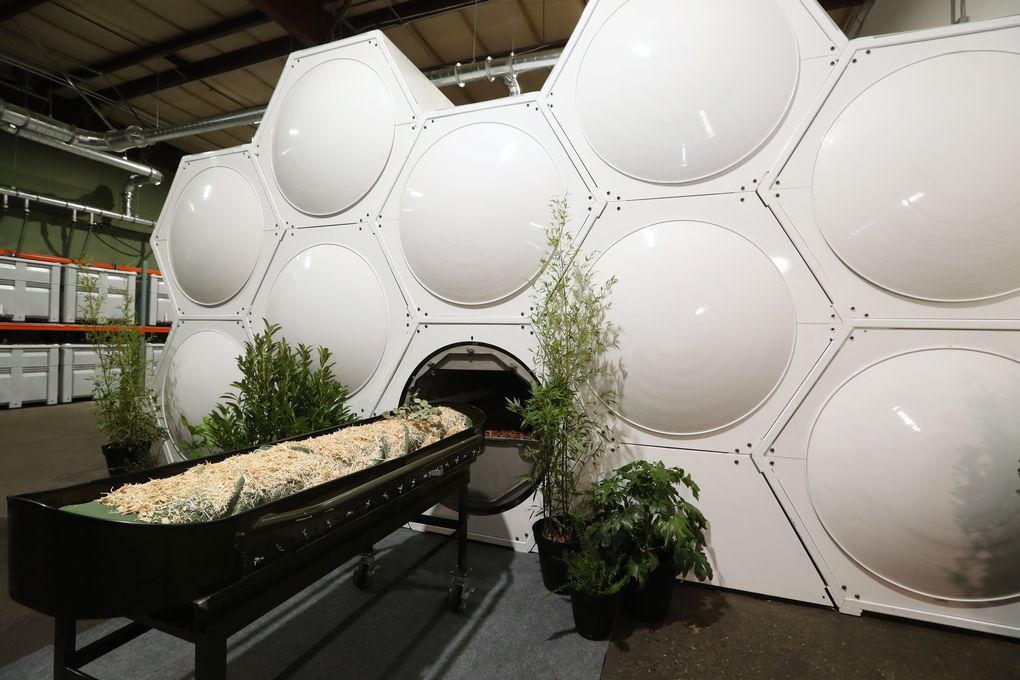While my action project experience in this class could have been better, I am able to recognize the valuable lessons I learned from it – primarily about the importance of having a group leader. If we had one person taking charge, I think we could have gotten a lot more done. Regardless, I am proud of how we came together in the end to create engaging and informative content, despite our busy schedules.
In the context of our class, I found that our project, promoting the passage of legislation aimed to revolutionize plastic recycling in Washington, perfectly represents political ecology. We live in a system where we elect individuals to make environmental policy decisions on our behalf, and this recycling bill relies on them to pass it. I don’t want to say that my group’s action project was worthless (because I think there is a lot of value in public education), but we should acknowledge that a social media campaign will likely have a limited impact on the decisions made in Olympia.
Honestly, that is the reality of political ecology in the Anthropocene.
As far as the other action projects, WashPIRG’s Save the Orcas campaign was what finally allowed me to understand what our class was about. I could see that, like my group’s, theirs hinged on the actions of legislators, and that Senator Cantwell’s refusal to support breaching the dams might be motivated in some way by her fear of dying. Relatedly, the Ernest Becker group was contributing to the study of conceptions of death, which is beneficial in helping us to predict whether future environmental reforms might be possible in the face of climate disaster, given that Terror Management Theory explains our actions in response to death reminders. As this group mentioned in class, they were frustrated at the constraints they were given by the people in power over them, which is exactly what the ICA is for. This last group’s action project was directly investigating the political ecology of UW in the Anthropocene and trying to get our Board of Regents to follow through on their fossil fuel divestment commitments, again relying on people in power.
All in all, while it wasn’t my own group’s action project that led to me discovering the true meaning of our class, it was the action projects of our class in general that helped me to understand what it means to survive the political ecology of death in the Anthropocene.



